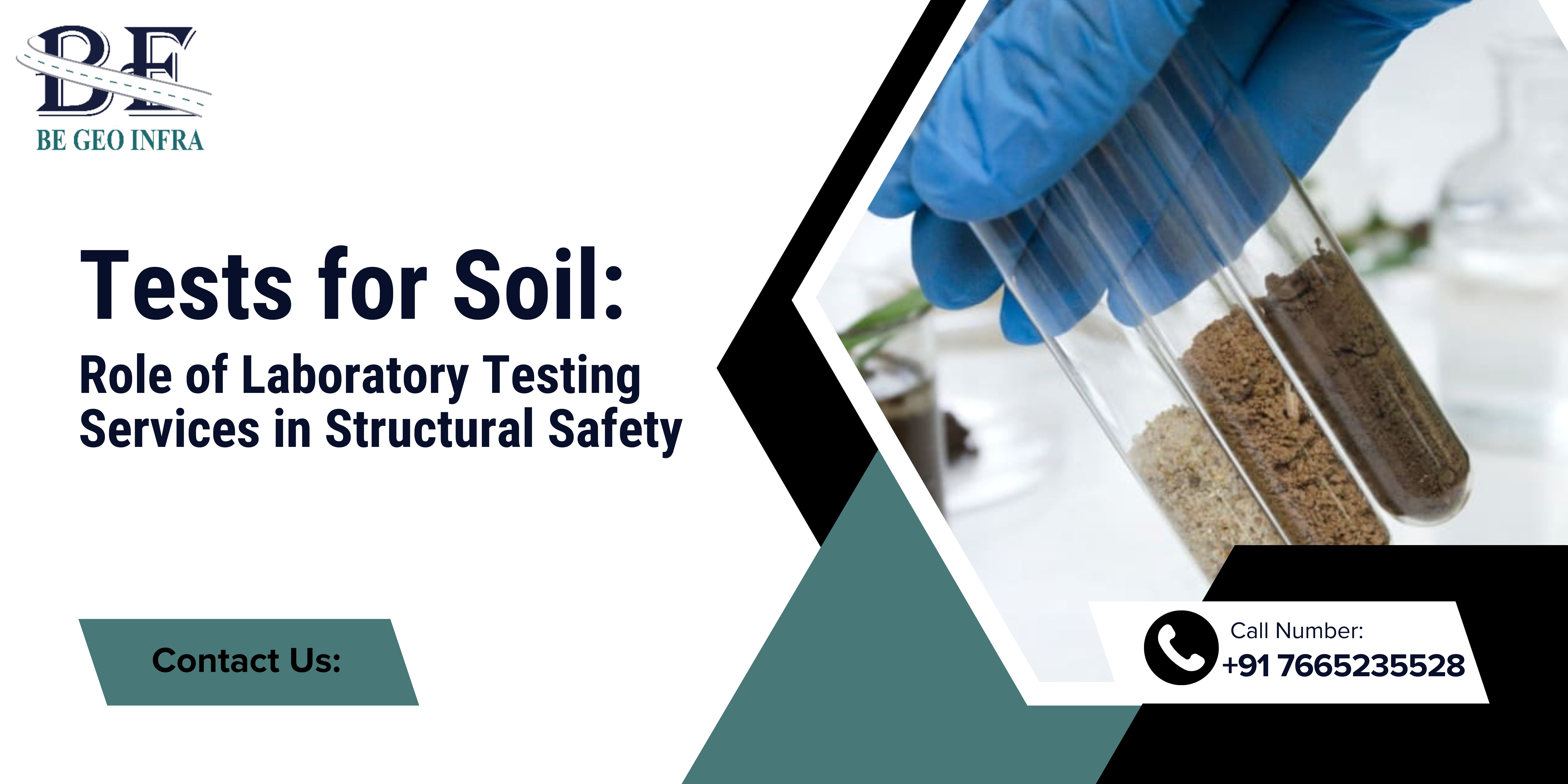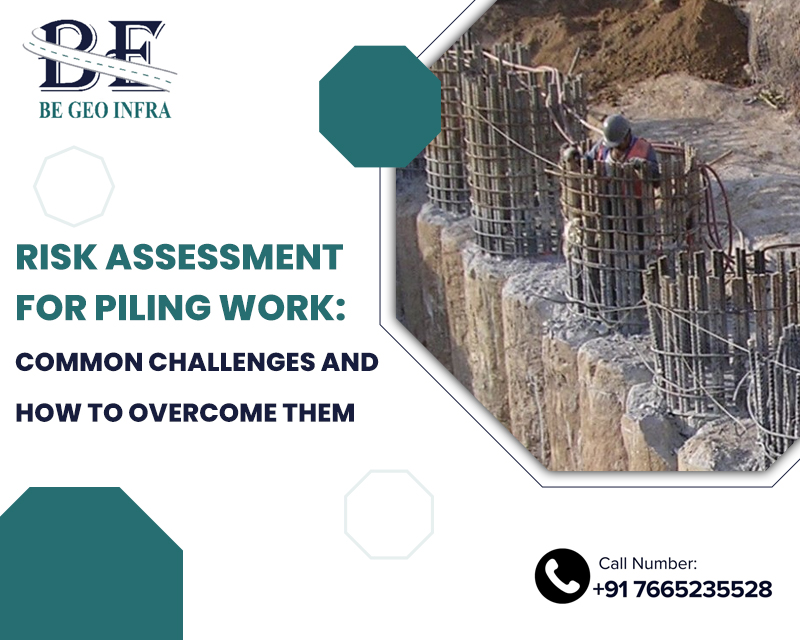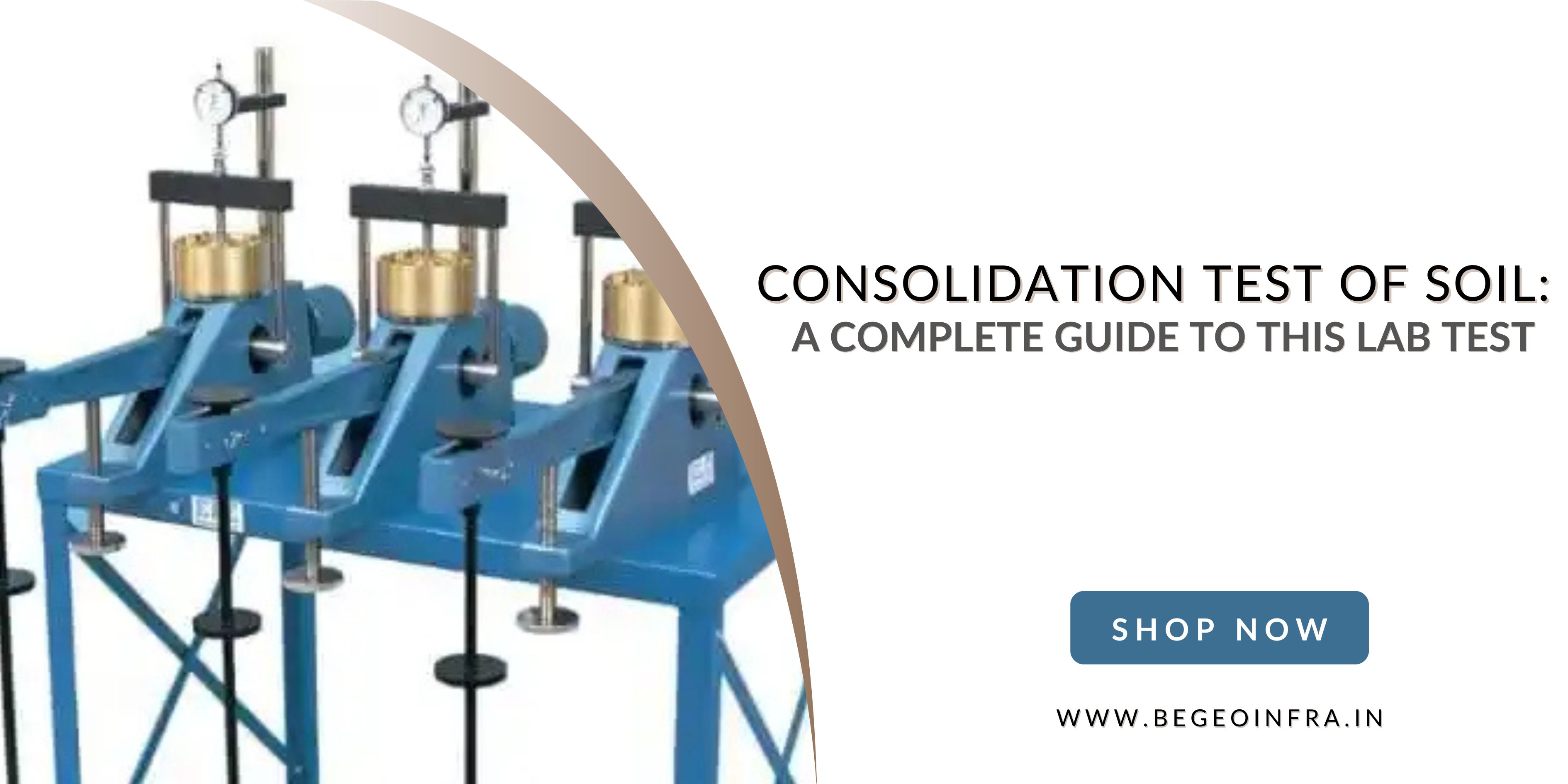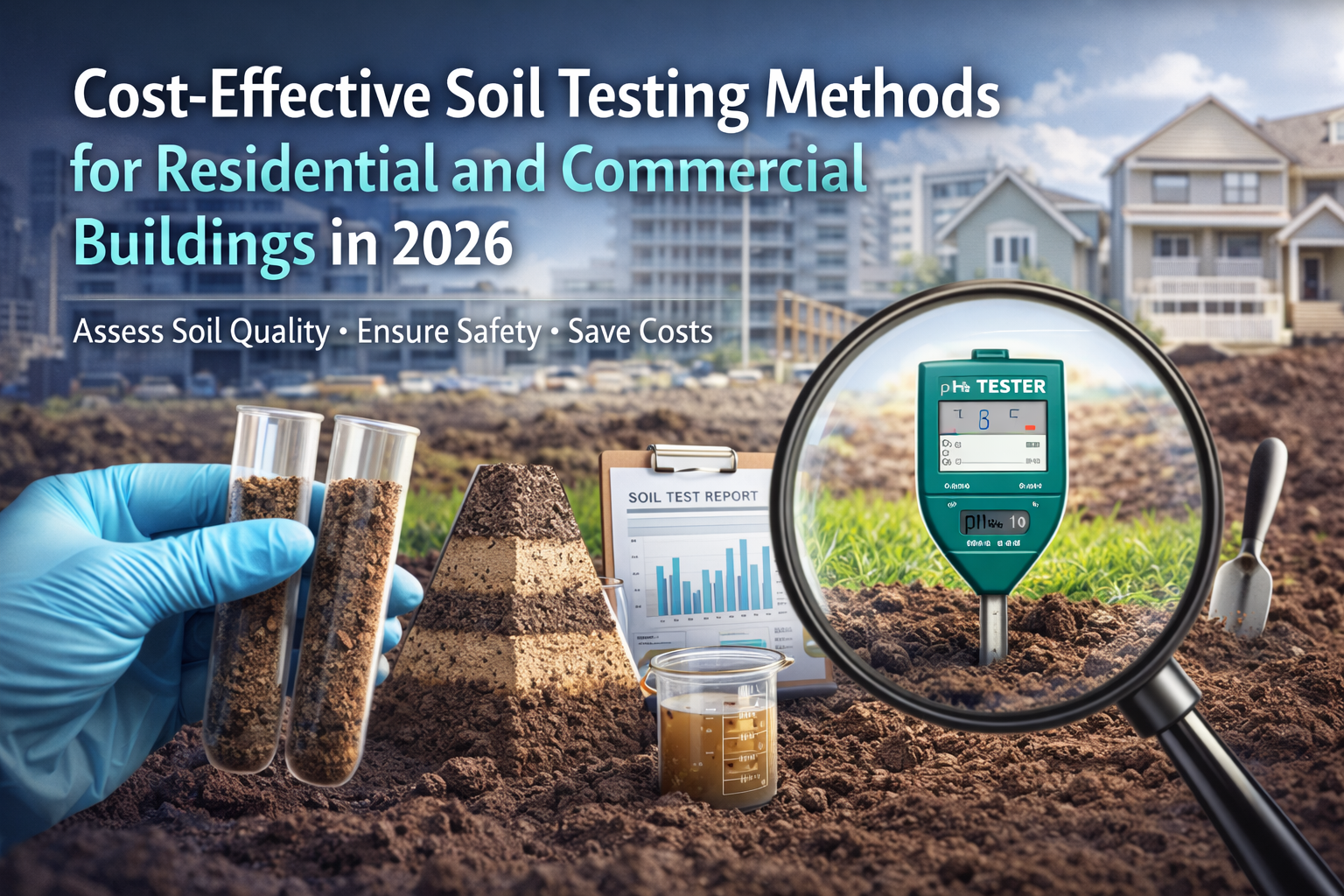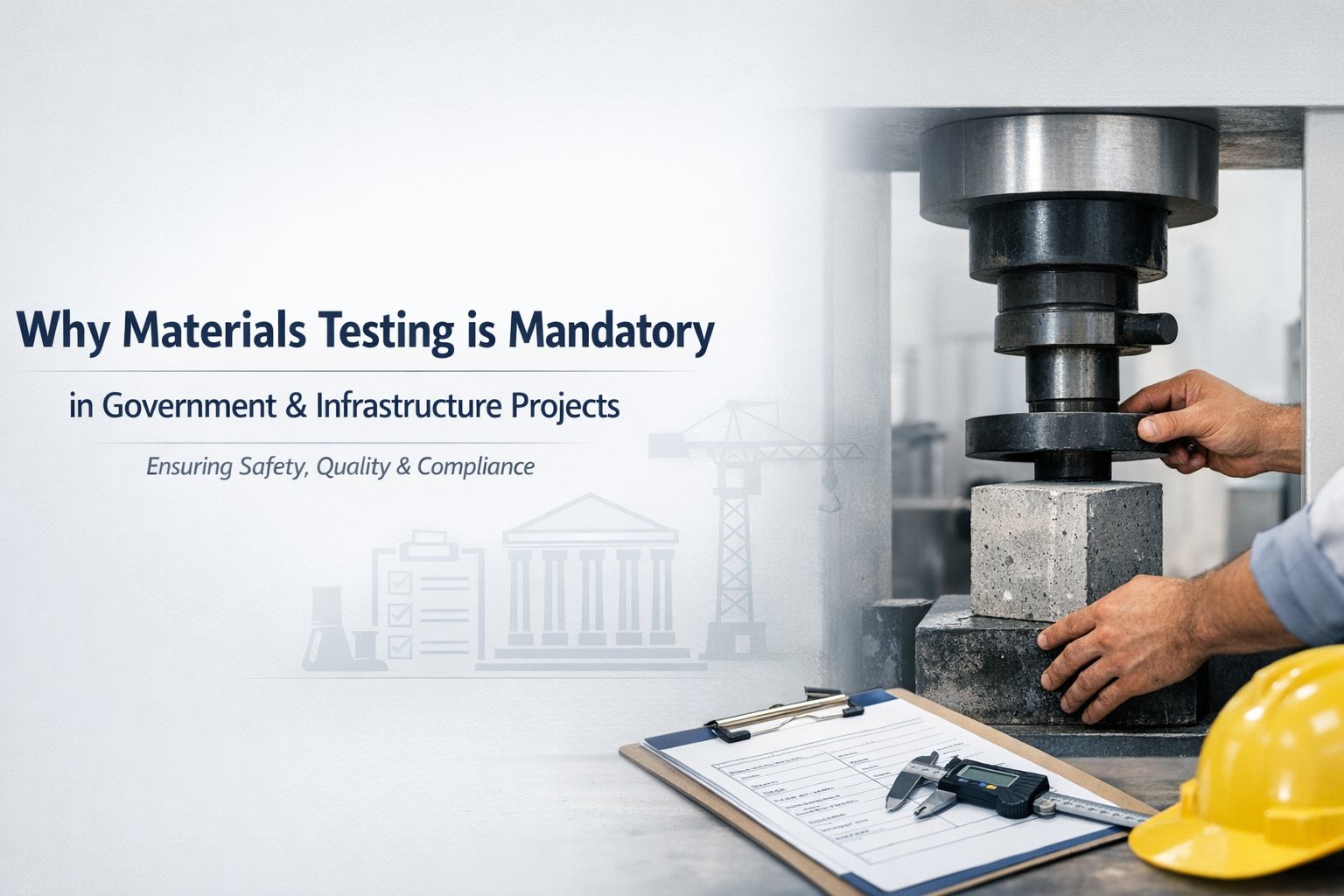January 24, 2025
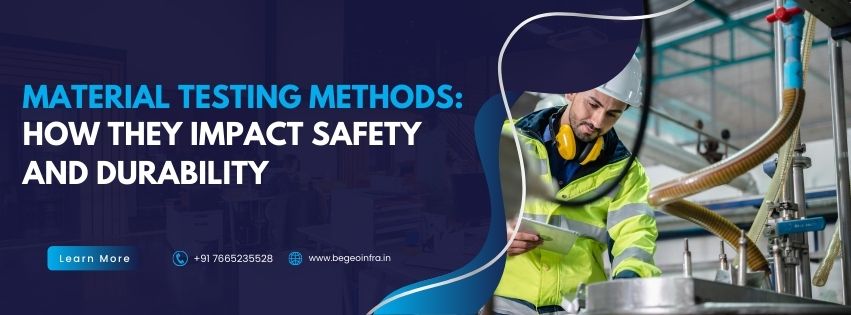
Material Testing Methods: How They Impact Safety and Durability
Material testing is a crucial process in various industries, ensuring that materials meet the required standards for safety, durability, and performance. Whether in construction, manufacturing, or aerospace, proper material testing methods help prevent failures and enhance reliability. This blog explores different material testing methods, their impact on safety and durability, and the importance of materials testing services.
What is Material Testing?
Material testing involves evaluating materials to determine their properties and performance under different conditions. It helps manufacturers and engineers select suitable materials for specific applications, ensuring long-term reliability and safety.
Importance of Material Testing in Safety and Durability
-
Ensures Safety: Proper material testing reduces the risk of failures, which can cause accidents and financial losses.
-
Enhances Durability: Testing ensures materials can withstand environmental conditions, mechanical stress, and wear and tear.
-
Quality Assurance: Helps maintain compliance with industry standards and regulations.
-
Cost-Effective: Prevents failures that could lead to costly repairs or replacements.
Types of Material Testing Methods
Material testing methods are broadly classified into two categories: destructive and non-destructive testing.
1. Destructive Testing
Destructive testing involves testing a material sample until it fails. This method helps determine the material’s mechanical properties, such as strength, toughness, and hardness.
Common Destructive Testing Methods
-
Tensile Testing: Measures a material’s strength by stretching it until it breaks.
-
Compression Testing: Determines how much a material can withstand under compressive forces.
-
Impact Testing: Evaluates a material’s toughness and ability to absorb energy.
-
Hardness Testing: Assesses a material’s resistance to indentation or scratching.
-
Fatigue Testing: Determines how a material performs under repeated loading and unloading.
2. Non-Destructive Testing (NDT)
Non-destructive testing allows the evaluation of materials without causing any damage. It is widely used in industries where material integrity must be preserved.
Common Non-Destructive Testing Methods
-
Ultrasonic Testing (UT): Uses high-frequency sound waves to detect internal defects in materials.
-
Magnetic Particle Testing (MPT): Identifies surface and near-surface defects in ferromagnetic materials.
-
Radiographic Testing (RT): Uses X-rays or gamma rays to inspect the internal structure of materials.
-
Eddy Current Testing (ECT): Detects cracks and defects in conductive materials using electromagnetic fields.
-
Visual Inspection: A basic yet essential method for detecting surface defects.
Mechanical Testing
Mechanical testing is a subset of material testing focused on evaluating mechanical properties such as strength, elasticity, and toughness.
Key Mechanical Testing Methods
-
Shear Testing: Determines a material’s resistance to shear forces.
-
Bending Testing: Measures how well a material can withstand bending stress.
-
Creep Testing: Analyzes how a material deforms under prolonged stress.
-
Fracture Toughness Testing: Evaluates a material’s resistance to crack propagation.
Role of Materials Testing Services
Professional materials testing services offer expertise, advanced equipment, and accurate analysis, ensuring reliable test results. These services are essential for industries such as construction, automotive, aerospace, and manufacturing, where material performance is critical.
Benefits of Materials Testing Services
-
Expert Analysis: Skilled professionals conduct tests and interpret results.
-
Regulatory Compliance: Ensures materials meet industry standards.
-
Advanced Equipment: Access to modern testing facilities.
-
Improved Product Quality: Helps manufacturers enhance product performance.
Conclusion
Material testing methods play a vital role in ensuring the safety, durability, and reliability of materials used in various industries. From mechanical and safety testing to non-destructive and destructive testing, each method contributes to quality assurance. Professional materials testing services further enhance accuracy and compliance, making them indispensable for businesses like Begeo Infra. Investing in proper material testing not only prevents failures but also builds trust and credibility in the industry.

Need help? Call us Today at+91 7665235528
for inquiries and support. We’re here to assist you.









